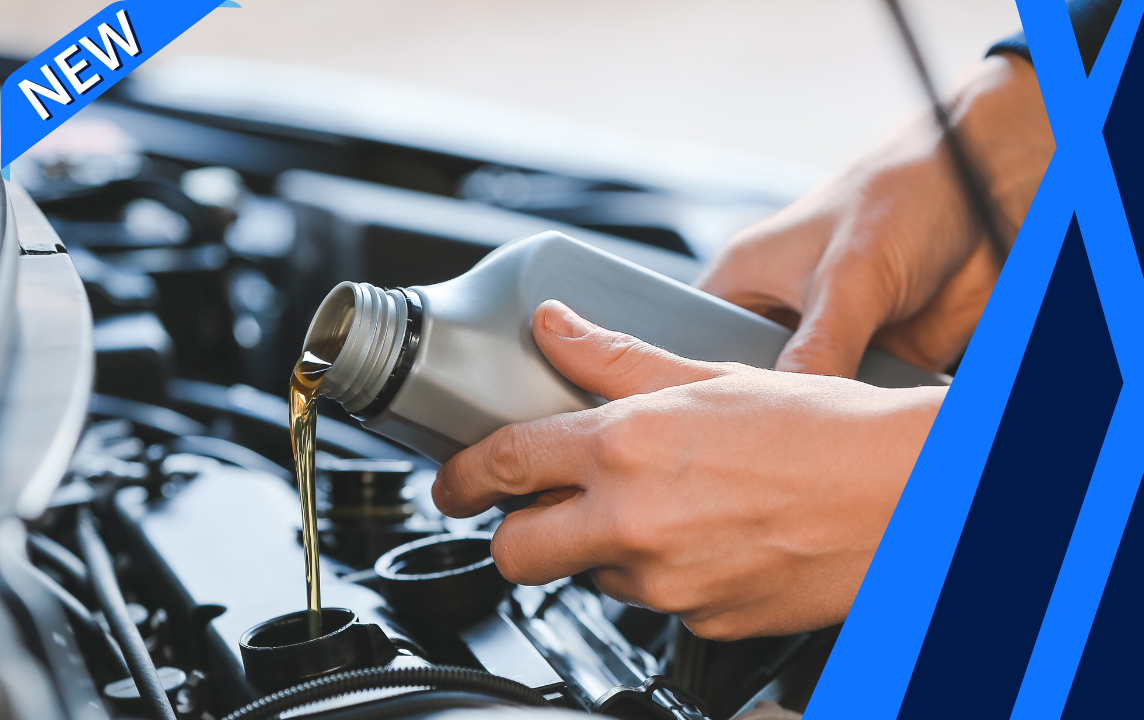Description
Engine is running louder than normal Inspection
How this system works:
While a number of different systems can cause a vehicle to run louder, most of the time it is rooted in the exhaust system.
The exhaust system is responsible for collecting exhaust gases from the cylinder head. This is accomplished via the exhaust manifold, which basically functions as a big funnel diverting exhaust gases away from the engine cylinders. The exhaust gases are released through a part called the front pipe and from there they travel to the catalytic converter. The catalytic converter removes the harmful elements of the gases such as hydrogen monoxide and carbon monoxide. Finally, the exhaust gases exit the catalytic converter into the muffler. The mufflers main function is to reduce the noise levels of the engine. After the muffler, the exhaust fumes exit the vehicle through the tail pipe.
Common reasons for this to happen:
- Failing Muffler: Mufflers are constantly exposed to heat and pressure not to mention road salts, grime and the weather. Over time a muffler will rust and develop holes and cracks. Eventually it will start to fail completely. A car that is running louder than normal is often due to a failing muffler. Other symptoms include a significant drop in gas mileage and an increase in exhaust fumes.
A failing muffler should be repaired or replaced immediately as an exhaust system that is not working properly can lead to additional damage to the engine or catalytic converter.
- Failing Catalytic Converter: The catalytic converter is a key component of the exhaust system and if it is failing the engine will be louder than normal, will run rough and the smell of rotten eggs will be coming from the exhaust. In most cases, a failing catalytic converter will also trigger the Check Engine light. As the converter fails it will no longer be able to burn off the unburned hydrocarbons in the exhaust, or break down the sulfur created by the engine. This is what causes the strong rotten egg smell. Eventually the car will not run at all as the catalytic converter becomes totally blocked.
- Broken Tail Pipe: The tail pipe comes out of the muffler and exhausts the gases and fumes into the air. A rusted tailpipe will often develop holes or will completely fall off at some point. This will increase the noise levels of the car.
- Leak in Exhaust Manifold: The exhaust manifold collects exhaust gases from the engine. If there is a leak in the exhaust manifold it can cause the engine to run louder, sputter and run unevenly. In most cases it will also trigger the Check Engine light. A cracked or leaking exhaust manifold can create bigger problems due to the hot gases that are escaping. They will often melt nearby plastic components. It is also possible for leaking exhaust fumes to find their way into the cabin of the car.
- Worn Seals or Gaskets: The exhaust system has quite a few seals and gaskets and if they are failing it can cause the engine to run louder, and sputter at times. Over time, gaskets and seals will wear down and eventually have to be replaced. If this problem is not repaired it can end up damaging the exhaust manifold which will be a much more expensive repair.
- Malfunctioning Oxygen Sensors: The job of the oxygen sensors is to measure how rich or lean the exhaust gases are when they exit the combustion chamber. The computer in the vehicle uses this data to adjust the amount of fuel that is entering the engine. A failing or dirty sensor can send incorrect data, resulting in too much or too little fuel going to the engine. This can result in a rough running engine that is louder than normal.
- Bad or Dirty Spark Plugs: Bad spark plugs can cause the vehicle to misfire which will make it run louder. Spark plugs provide the spark for igniting the fuel in the combustion chamber, if they are not operating correctly, the fuel is not completely ignited and the vehicle will misfire or sputter. The plugs will need to be replaced or cleaned.
- Dirty Mass Airflow Sensor: A mass airflow sensor measures the amount of air entering the fuel injection system. This information is sent to the vehicle computer so it can send the correct amount of fuel to the combustion chamber. A dirty airflow sensor can result in the wrong amount of fuel going to the injectors, which can result in a rough running engine that will sound louder than normal.
What to expect:
A top-rated mobile mechanic will come to your home or office to determine the source and cause of the engine is running louder than normal issue, and will then provide a detailed inspection report that includes the scope and cost of the necessary repairs.
How it’s done:
A mechanic will inspect your exhaust manifold, oxygen sensors, catalytic converter, and other important components of your car to determine the source of the loud running engine. The mechanic may need to crank up your car to provide you with an accurate diagnosis.
How important is this service?
A failing exhaust system will not only make a vehicle louder it can make it dangerous to drive. Exhaust fumes can make their way into the vehicle cabin, which can present health problems. In addition, minor exhaust issues such as a failing gasket can quickly lead to a more expensive repair like a cracked exhaust manifold or clogged catalytic converter.




